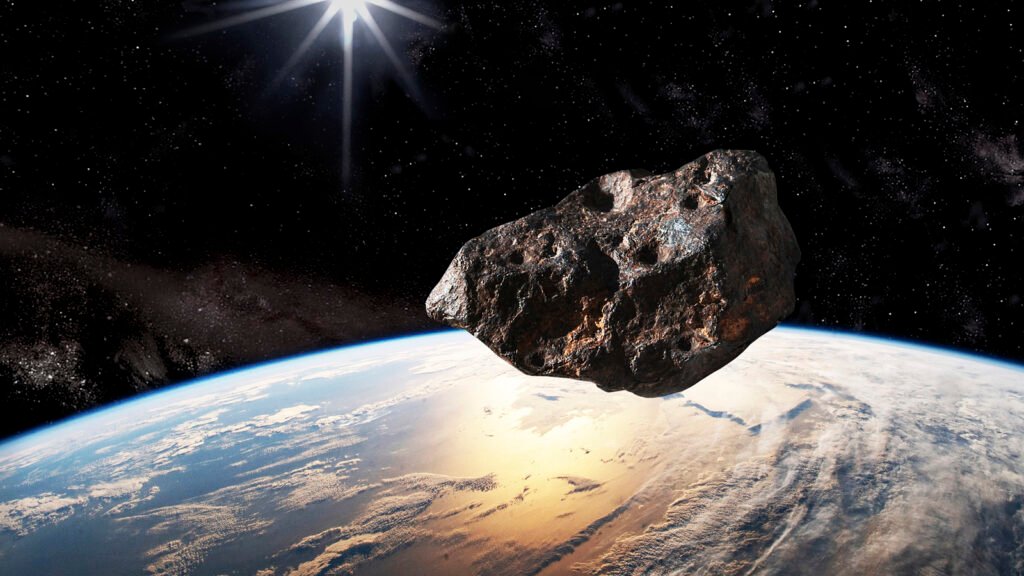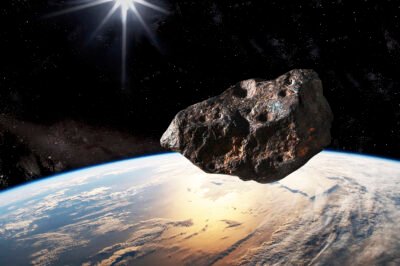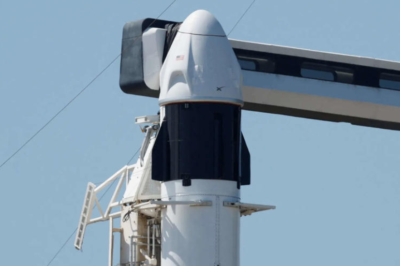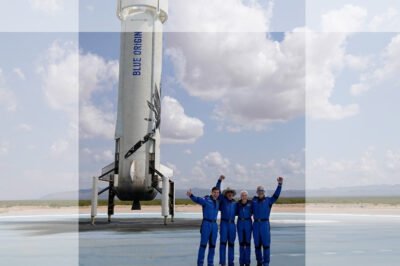
In an unprecedented scientific breakthrough, researchers have detected water molecules on the surfaces of two asteroids, Iris and Massalia, marking the first time such a discovery has been made in our solar system. This significant finding, facilitated by data from the now-retired Stratospheric Observatory for Infrared Astronomy (SOFIA), sheds new light on the distribution of water beyond Earth and could revolutionize our understanding of how water arrived on our planet.
SOFIA, the world’s largest airborne observatory, a joint operation between NASA and the German Aerospace Centre, has previously made headlines for detecting water in the Moon’s southern region. However, distinguishing between water and hydroxyl, a closely related chemical, posed a challenge for the observatory when studying the Moon and asteroids. The recent study, published in The Planetary Science Journal, focused on four asteroids, with Iris and Massalia showing clear signs of water molecules on their surfaces.
According to Astronomy.com, both asteroids are rich in silicates, suggesting that the water molecules could be either trapped within impact-formed glass or chemically bonded to minerals. This discovery opens up new avenues for scientists to explore the origins of Earth’s water.
Lead researcher Ms. Arredondo and her team were inspired by previous success in identifying water on the sunlit part of the Moon. “This is the first time water molecules have been found on an asteroid’s surface in space,” Arredondo shared, emphasizing the potential implications of their findings. The study suggests that the water content on these asteroids is comparable to that on the Moon, hinting at the possibility that water on asteroids could be similarly bound to minerals or absorbed into silicate materials.
Iris and Massalia, measuring 199 km and 135 km in diameter respectively, orbit the Sun at an average distance of 2.39 astronomical units (AU), roughly equivalent to the distance between the Sun and Earth. This discovery not only enriches our knowledge of the solar system but also ignites curiosity about the role asteroids may play in the cosmic water cycle and the origins of water on Earth.




































































Leave a Reply